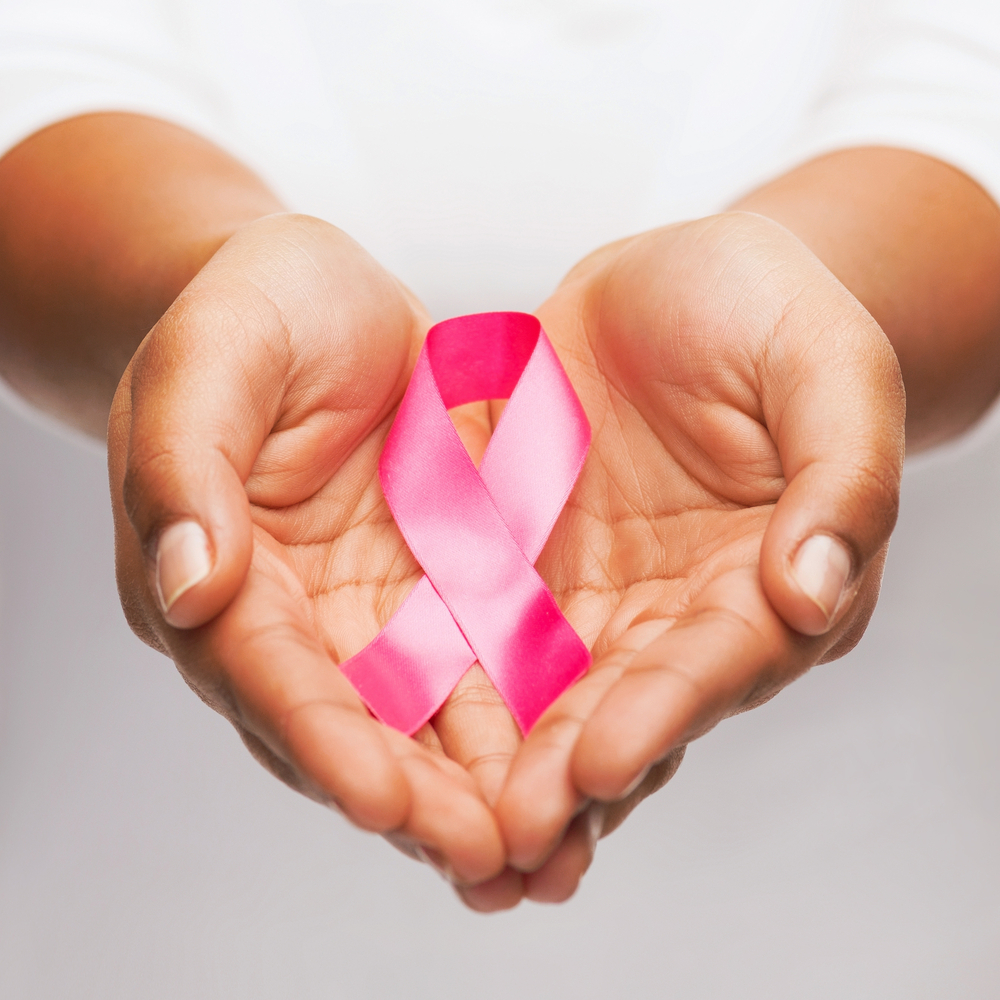For those considering participating in a breast cancer clinical trial, it is important to understand what happens after the participant is no longer in the study. The study can end for some people before its planned duration is reached, or before the study’s endpoint is determined. Some participants may also be want to continue with a treatment after the study is over. All of these issues are important to review with study coordinators before beginning a clinical trial. The Informed Consent Document also provides information about leaving a study or what to expect after the study is over.
Leaving the Trial Before the Planned Study End
It is the right of the participant to leave a clinical trial for any reason at any time. Participation in a trial is voluntary and it is possible to leave before the study starts, at any time during the trial or in the follow-up period.
If a participant is receiving a treatment, it is important to consult with a physician to make sure that it is safe to stop the treatment or to get help tapering off the treatment or replacing it with a different treatment. Other things to discuss before leaving a study’s end include: 1) whether health records from the study will be transferred to the participant’s physician, 2) how care will continue to be paid for after the participant leaves the study, and 3) what treatment the participant will take after leaving the study. Study subjects need to be sure to ask any important questions about leaving with the study team and with their physician.
In addition, there may be alternatives to leaving. It is important to talk to the study team to review such alternatives. For example, if a participant is moving to another location and thinks it will not be possible to attend study visits, possibilities may exist for treatment to be administered at a different site.
Data Analysis at the Planned Study End
After the trial ends, the investigators will begin to analyze the data collected during the trial. They will write reports about what they have found and submit them to a treatment approving agency, such as the FDA. The agency will make decisions about whether the treatment will move into further trials, or whether it will be approved. If the study is the final stage of a treatment, a new drug application (NDA) or equivalent document may be filed.
The study researchers likely will also write reports about what they have found in the trial that are made available to the public. These reports could be published as presentations at medical conferences, or as scientific papers in medical journals. Often a drug company will issue press releases on its website, describing where the data have been presented. The identification of study participants is always protected in the release of data, and it is never possible for the public to find out who has been in the trial. These protections are monitored by a group known as the Institutional Review Board (IRB). The IRB assures that study participants are protected and safe during and after the trial.
Continued Treatment Following a Clinical Trial
When the trial ends, treatment may end. Sometimes, however, participants are offered continued treatment in what is frequently referred to as an “open label extension” of the study. Participants who have received placebo may also be given treatment at the study’s end. To best understand these or other options, it is important to speak with the individuals conducting the trial about access to treatment after the trial has ended. Participants should also review any documentation describing the trial, such as the Informed Consent Document. A doctor could also decide to continue the participant on the treatment (if it is available) or move to a similar treatment.

